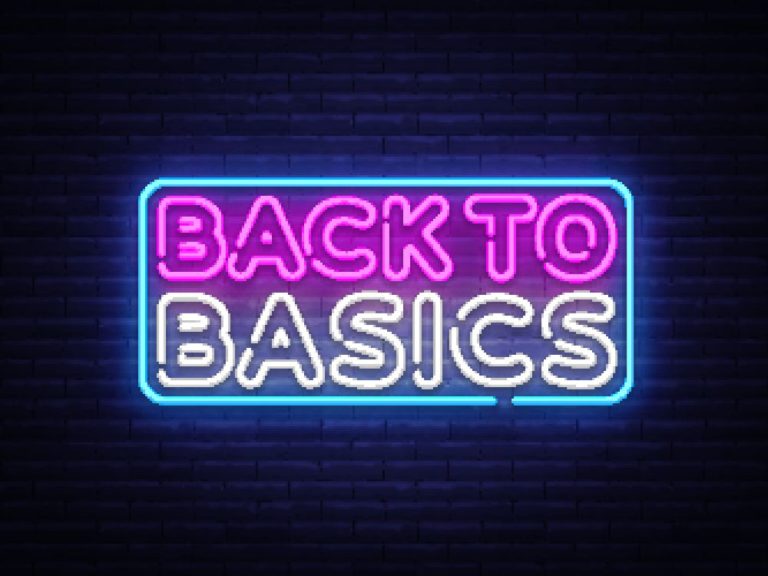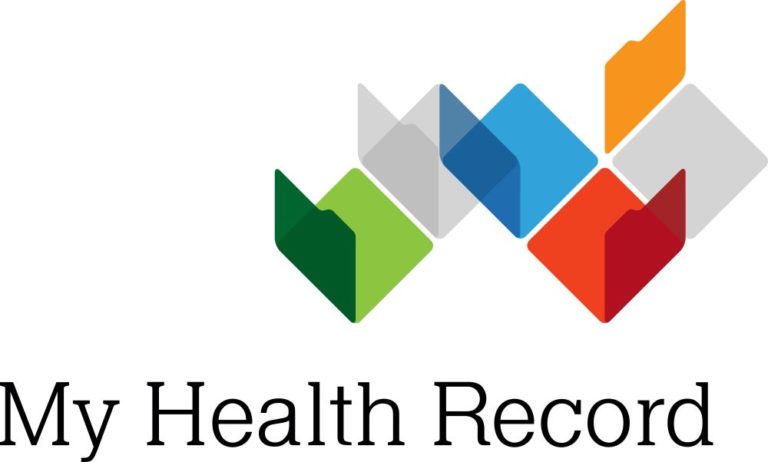[vc_row][vc_column][vc_column_text]In 2014, nearly two thirds (65.8%) of fund members agreed that ‘it is essential to have private health insurance’. Each year since then it has declined further to the current level of 56.9% in August 2018.
These are some of the latest findings from Roy Morgan’s Single Source Survey (Australia) which is based on in-depth personal interviews conducted face-to-face with over 50,000 Australians per annum in their own homes, including detailed questioning of over 8,000 interviews with members of private health insurance funds about their views about private health insurance.
Declining attitudes towards private health insurance
Over many years Roy Morgan has been measuring the attitudes of fund members to ten key statements that are focused on how they feel towards having health insurance. Since 2014, there has been an adverse trend across all of these metrics.
Although the majority of fund members (72.1%) still agree that ‘above all else, private health insurance is about knowing that you’ll be able to cover the cost of big medical expenses if they arise’, this has fallen from 77.0% in 2014. The other major level of agreement with 68.9%, was for ‘health insurance gives me peace of mind’ but this also showing a gradual decline from the 74.0% recorded in 2014.
Attitudes to Private Health Insurance
[/vc_column_text][vc_single_image image=”2513″ img_size=”full” add_caption=”yes”][vc_separator border_width=”3″][vc_column_text]The biggest change in attitude over the last four years was the 8.9% point decline (to 56.9%) for ‘it is essential to have private health insurance’. Other areas to show major changes were ‘it is difficult to understand what you are covered for’ (up 8.1% points to 44.4%), ‘extras and hospital cover are equally important’ (down 5.9% points to 54.6%) and ‘I don’t see much value in having it’ (up 5.4% points to 16.4%).
It is worth noting that there are no significant differences to these attitudes in capital cities compared to regional Australia.
Generational differences in private health insurance attitudes
There are some major generational differences in attitudes towards private health insurance that must be taken into account when marketing to this very diverse group. An example of this is the high level of agreement (77.2%) among Pre-Boomers that ‘it is essential to have private health insurance’, compared to only 38.2% among Gen Z.
“It is essential to have private health insurance”
[/vc_column_text][vc_single_image image=”2514″ img_size=”full” add_caption=”yes”][vc_separator border_width=”3″][vc_column_text]Other differences include Millennials who are a major growth area for private health insurance as they enter the life-stage where they generally have more responsibilities with families and mortgages. This is reflected in the fact they are well above average in agreeing to issues that relate to the cost of health insurance, such as; ‘I want the cheapest and don’t care provider’; ‘only reason to have it is to avoid paying extra tax’; and ‘I don’t see much value in having it’.
As would be expected, it is the youngest generation who are the least engaged in private health insurance. Gen Z who are aged 14 to 27 in this analysis, have very low levels of concern when it comes to health issues and in fact are more likely to ‘rely on recommendations from friends and family in choosing a fund’.
Norman Morris, Industry Communications Director, Roy Morgan says:
“Although the attitudes of private health fund members are reasonably favourable, over recent years they have generally shown an adverse trend, which should be of some concern to both health funds and the government. It appears that the major decline in considering it essential to have private health insurance is likely be a response to the lack of perceived value due to cost and uncertainty of what is covered.
“This research has only covered the attitudes of private health fund members and so it’s likely that people without this insurance are even more adversely predisposed towards health insurance. This makes it a challenge to attract new members as well as retaining existing ones.
“To engage fund members and the general population more in health insurance, this analysis has shown that there is a need to understand what motivates different age groups and generations to take out and stay in health insurance as they cannot be treated as a single homogeneous group.
“With health funding being a major concern for both State and Federal governments, it is vital that they and the health funds continue to promote the benefits of health insurance. Any decline in fund membership will lead to more pressure on the public system and as a result increased government funding.
“The data highlighted here is only a small part of what is available on the full database that covers private health insurance in-depth and trended over many years. With a great of competition in this industry it is important to understand the relative strengths and weaknesses of all the major funds. The results shown in this release can be produced at the individual fund level, enabling unique competitive insights. To find out more ask Roy Morgan.”[/vc_column_text][/vc_column][/vc_row]




